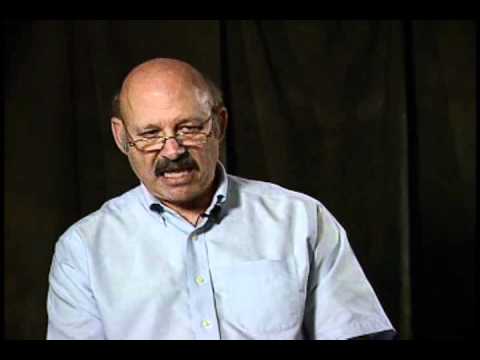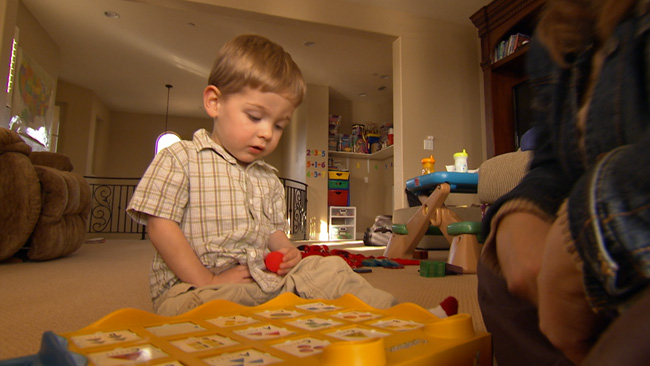As adults with autism mature and move into middle age, they are finding it difficult to live independently, hold down jobs and sustain relationships, researchers say.
A new study is providing a glimpse into the daily lives of adults with autism as they hit their 30s and 40s, a time period that’s traditionally received little attention from researchers looking at the developmental disorder.
“Parents of kids with autism are usually really energized to help their child reach maximum potential,” which can prompt more research said Megan Farley, senior psychologist at the Waisman Center at the University of Wisconsin-Madison, and the lead author of the study, which was published recently in the journal Autism Research. “But there is a growing focus on this older population and you’ll see a lot more coming on this topic.”
Read the full article here




